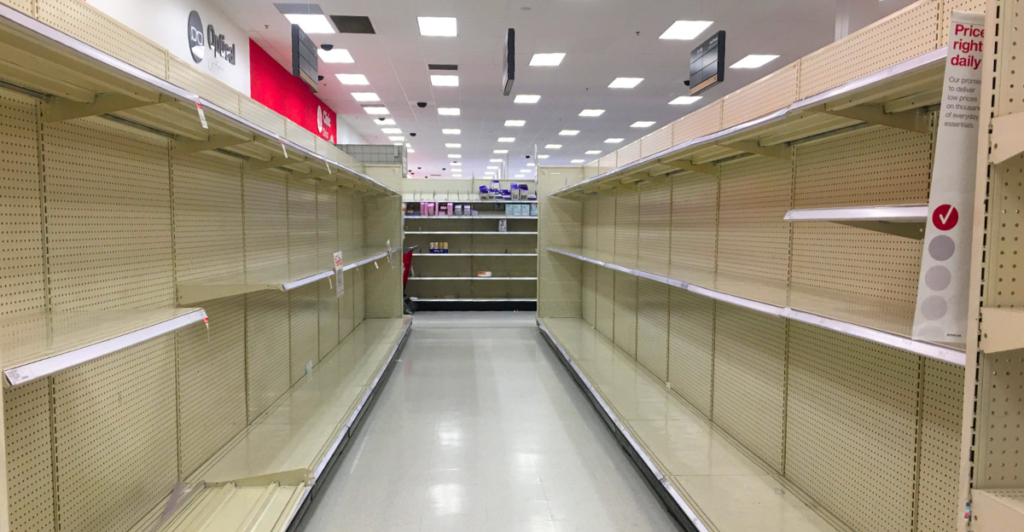
Target, the beloved big-box retailer, is grappling with the financial fallout from recent tariffs imposed by the U.S. government. As profits take a hit, the company is making tough decisions, including canceling popular products to mitigate losses.
The new tariffs, targeting imports from countries like China, Mexico, and Canada, have disrupted supply chains and increased costs for retailers nationwide. For Target, known for its diverse product range and competitive pricing, these changes pose significant challenges.
Consumers may soon notice the absence of certain items on shelves and higher prices on others as Target navigates this turbulent economic landscape.
Tariffs Take a Toll
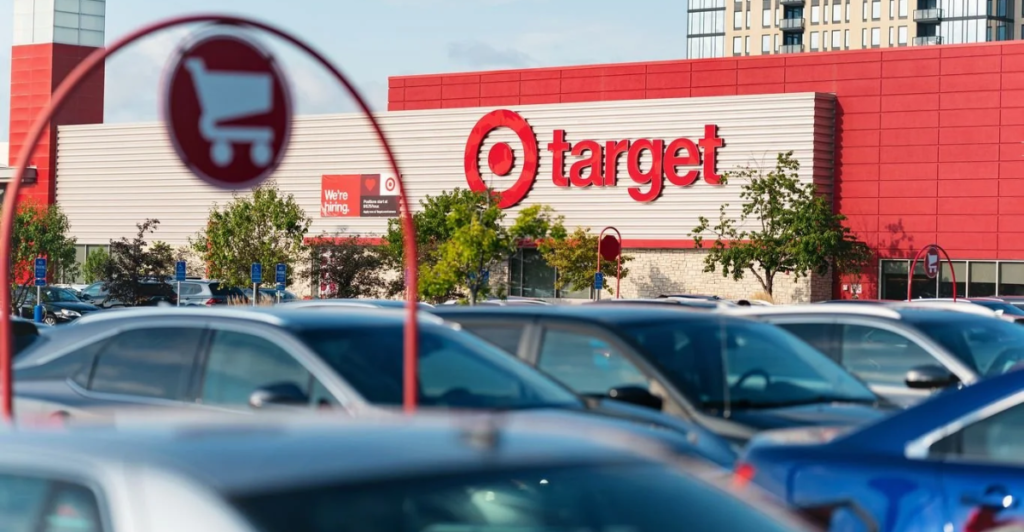
The tariffs, introduced in early 2025, have added substantial costs to imported goods. With a 25% tariff on products from Mexico and Canada and up to 245% on Chinese goods, retailers like Target are feeling the pressure.
These increased costs are not easily absorbed, leading companies to reevaluate their product lines and pricing strategies. For Target, this means making difficult choices about which products to continue offering.
The company’s leadership has expressed concern over the long-term implications of these tariffs, emphasizing the need for strategic adjustments to maintain profitability.
Popular Products Pulled

In response to the financial strain, Target has begun canceling orders for some of its most popular products. Items heavily reliant on imports, such as certain electronics and seasonal goods, are among those being cut.
This move aims to reduce the impact of tariffs on the company’s bottom line. However, it also means that consumers may find their favorite items missing from store shelves.
Target’s decision reflects a broader trend among retailers, as many grapple with the challenges posed by the new trade policies.
Price Hikes on Essentials

Beyond product cancellations, Target is also adjusting prices on essential items. Fresh produce, much of which is imported from Mexico, is expected to see significant price increases.
CEO Brian Cornell has indicated that consumers will likely notice these changes in the coming days. The company is striving to balance cost management with customer satisfaction.
These price adjustments are a direct result of the increased tariffs and the subsequent rise in import costs.
Supply Chain Struggles

Target’s supply chain, once a model of efficiency, is now under strain. The tariffs have disrupted established sourcing strategies, forcing the company to seek alternatives.
Diversifying suppliers and exploring domestic options are among the steps being taken. However, these changes require time and investment, adding to the company’s challenges.
The situation underscores the interconnectedness of global trade and the ripple effects of policy changes on businesses.
Consumer Confidence Wanes
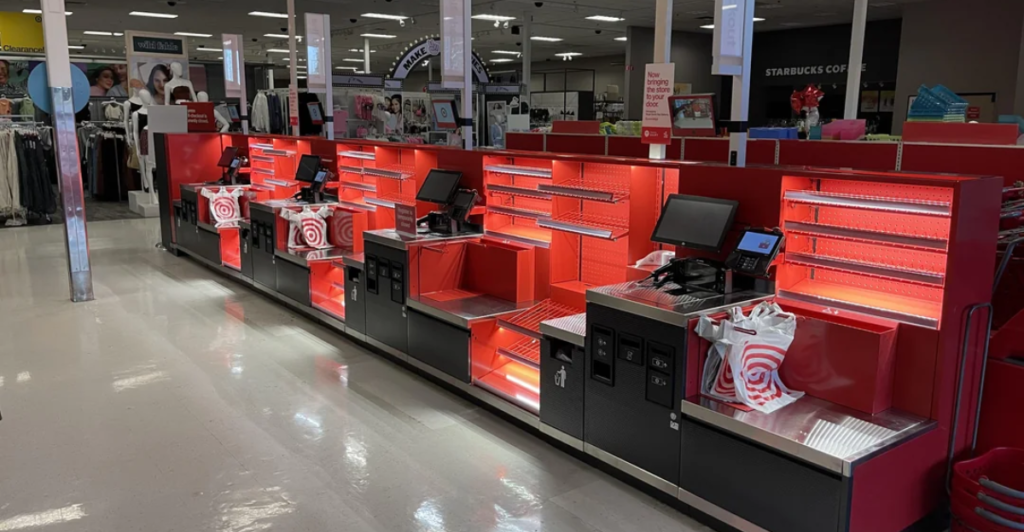
As prices rise and product availability declines, consumer confidence is taking a hit. Shoppers are becoming more cautious, impacting sales across the retail sector.
Target, known for its loyal customer base, is not immune to these shifts. The company is closely monitoring consumer behavior to adapt its strategies accordingly.
Maintaining customer trust during this period is crucial for Target’s continued success.
Competitors Face Similar Challenges
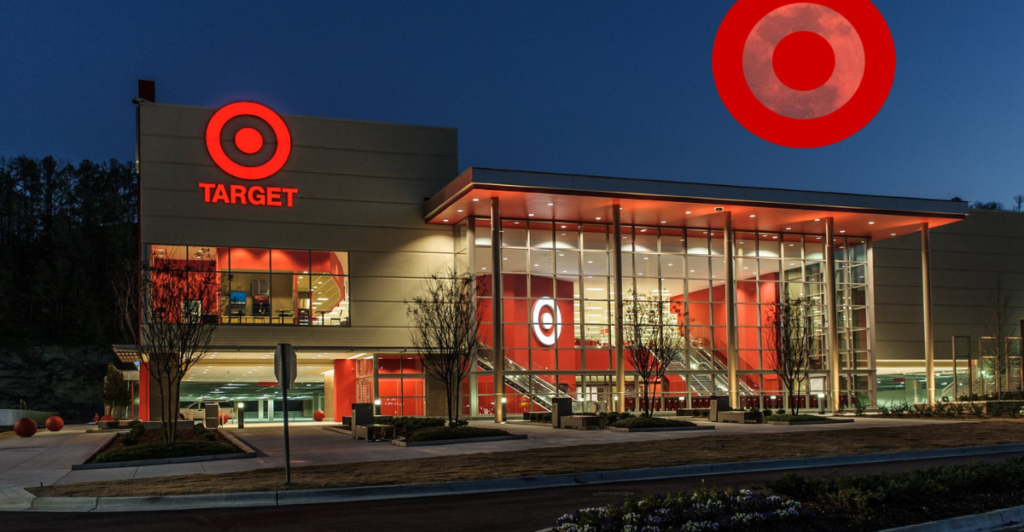
Target is not alone in facing the repercussions of the new tariffs. Other major retailers, including Walmart and Best Buy, are also adjusting their operations in response to increased costs.
These companies are exploring various strategies, from raising prices to altering supply chains, to mitigate the impact. The retail industry as a whole is navigating uncharted territory.
Collaboration and innovation will be key in overcoming these shared challenges.
Strategic Investments Continue
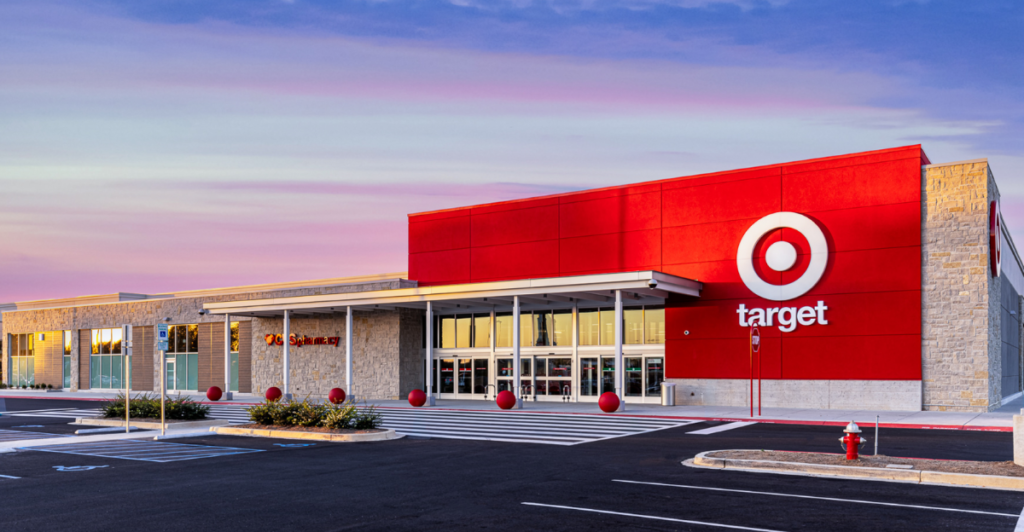
Despite the current hurdles, Target remains committed to its long-term growth plans. The company is investing in new stores, enhancing online delivery services, and streamlining production cycles.
These initiatives aim to improve efficiency and better serve customers in a changing market. Target’s leadership believes that adaptability is essential for future success.
By focusing on innovation and customer experience, the company hopes to weather the storm and emerge stronger.
The Road Ahead
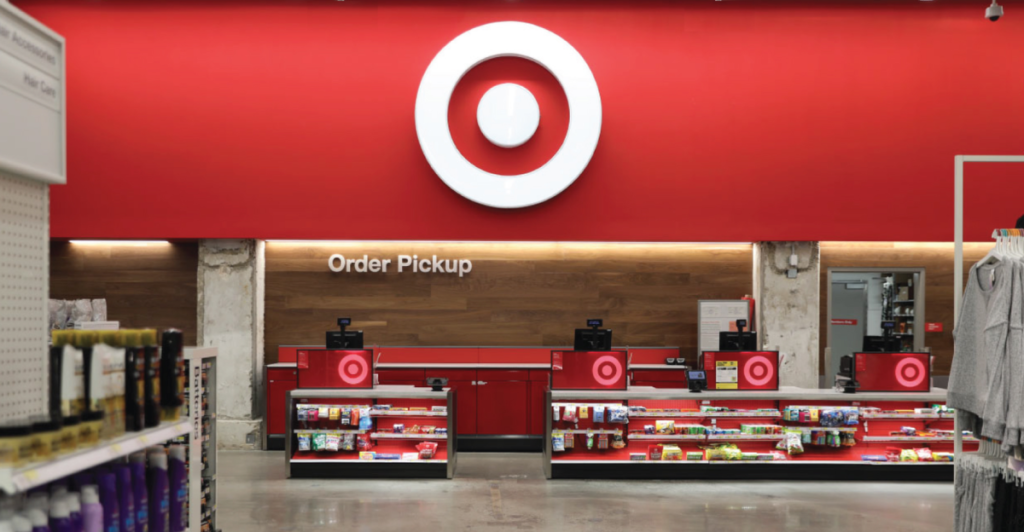
The coming months will be critical for Target as it continues to adapt to the evolving economic landscape. Monitoring policy developments and consumer trends will inform the company’s strategies moving forward.
Flexibility and resilience will be vital in navigating the challenges posed by tariffs and global trade dynamics. Target’s ability to pivot and respond effectively will determine its trajectory in the near future.
Stakeholders will be watching closely as the company implements its plans and adjusts to the new normal.
Navigating Turbulent Times
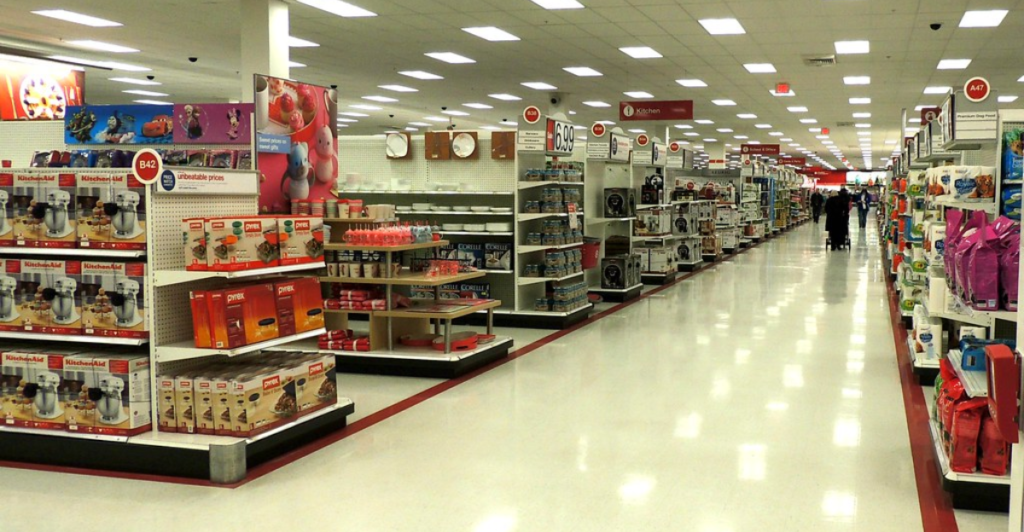
Target’s experience highlights the broader impact of trade policies on the retail industry. As tariffs reshape the economic landscape, companies must make difficult decisions to sustain operations.
By canceling certain products and adjusting prices, Target is taking proactive steps to manage the situation. The company’s focus on strategic investments and adaptability will be crucial in overcoming current challenges.
For consumers, this is a moment to stay informed and shop mindfully. For companies, it’s a wake-up call to build smarter, more resilient supply chains that can weather future shocks.
Discover more DIY hacks and style inspo- Follow us to keep the glow-up coming to your feed!
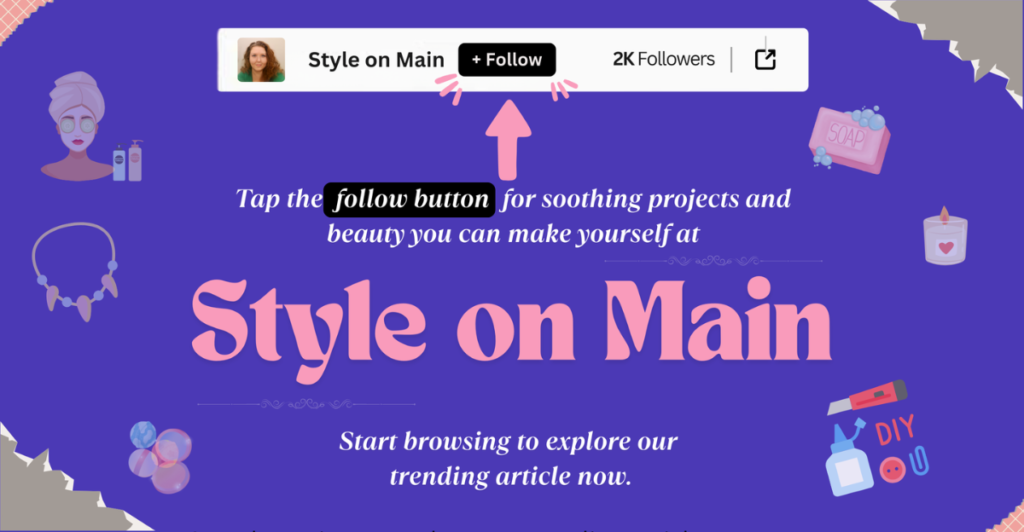
Love content like this? Tap Follow at the top of the page to stay in the loop with the latest beauty trends, DIY tips, and style inspo. Don’t forget to share your thoughts in the comments — we love hearing from you!